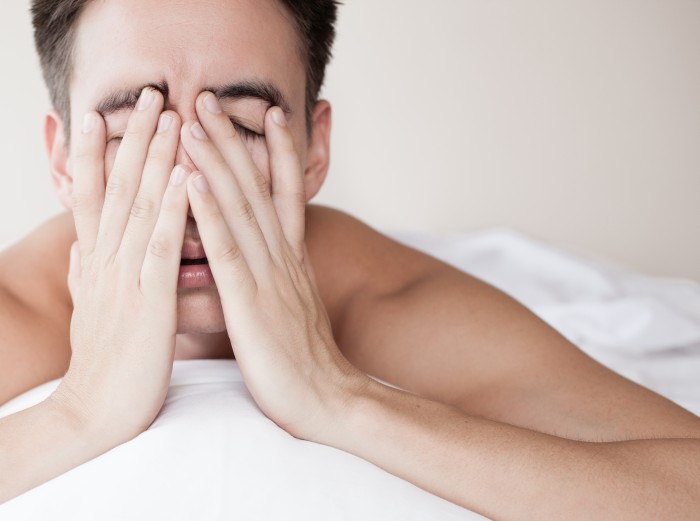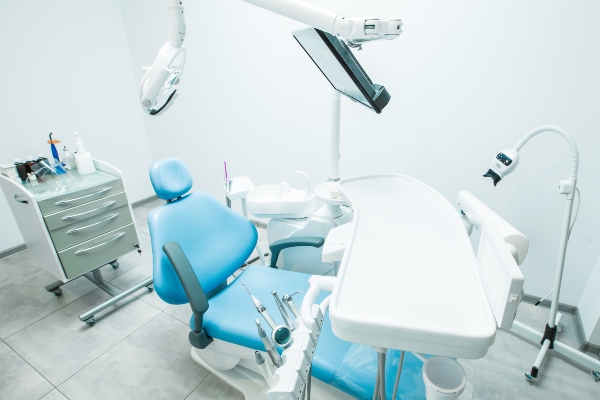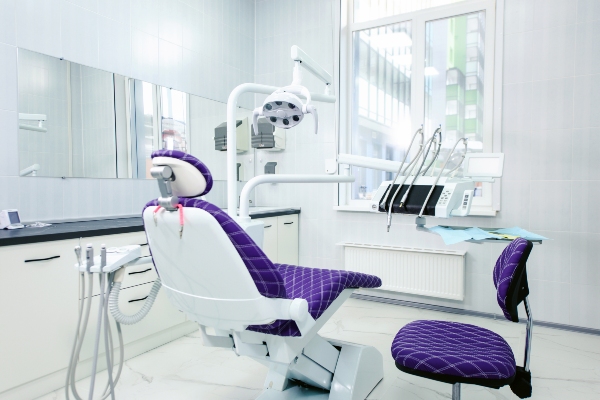General Dentistry Question: Is There a Sleep Apnea Treatment Other Than a CPAP Machine?

For millions of Americans who suffer from obstructive sleep apnea (OSA) and struggle using their CPAP machine, your general dentistry office has a solution.
But first, let us review exactly what sleep apnea is and why proper and consistent treatment is crucial to your health.
Obstructive sleep apnea is becoming epidemic in the United States. The American Sleep Apnea Association estimates that more than 22 million Americans suffer from OSA, with as many as 80 percent of the cases being undiagnosed moderate or severe OSA.
What is OSA and how is it treated?
OSA defined
WebMD describes sleep apnea as a condition in which a person experiences interrupted breathing multiple times during the night. Sleep apnea is a serious disorder and if left untreated, can lead to potentially fatal conditions, including cardiac failure, high blood pressure and diabetes.
Treatment for OSA
The most common treatment for OSA is the use of a CPAP machine (a continuous positive air pressure machine). According to the Mayo Clinic, people with moderate to severe sleep apnea are the best candidates for CPAP therapy.
A CPAP machine is used during sleeping. A mask is placed over your mouth and nose, or sometimes, smaller devices known as “pillows” can be inserted into the nostrils. Pressurized air is supplied by the machine through rubber tubing at a pressure slightly higher than normal air. The continuous flow of this pressurized air serves to keep your airway open and to reduce your apnea episodes.
Surgery and other treatments
Some people with OSA have a malformation of their jaw, which requires surgical treatment.
For some people, training themselves to sleep in a different position is enough to reduce their OSA problems.
Many OSA sufferers are also overweight or obese. New studies are being evaluated that link obesity to loss of adequate sleep. Weight loss is another popular treatment suggested to manage OSA.
Oral appliances are emerging as the first line of treatment for many sleep apnea sufferers.
General dentistry and oral appliance therapy
Oral appliance therapy has been approved by the Academy of Sleep Medicine and the American Dental Association.
What is oral appliance therapy?
Oral appliance therapy, or OAT, utilizes the placement of a custom-made oral device similar to a sports mouth guard. This placement moves the lower jaw forward incrementally in order to open the airway during sleep.
How can I get OAT?
Talk to your general dentistry office to schedule an evaluation for OAT. Although your dentist can evaluate you for sleep apnea, your primary care physician will be the one who orders a sleep test if you do not already have a diagnosis for OSA. Your general dentist will help you decide if OAT is a good choice for you.
The process
Once you and your general dentist decide to go forward with OAT, they will take impressions of your mouth in order to custom-make your device. Because these devices are adjustable, you and your dentist will work together over a period of weeks to make sure your device is providing the optimal adjustment for your lower jaw. After that, a minimum annual adjustment is necessary to make sure you are gaining the most benefit from your device.
What about those boil-and-shape devices at the drugstore?
While over-the-counter devices look similar to prescription oral appliances, none of them are FDA approved for sleep apnea treatment. They may help in the short term but have long-term risks of displacing the jaw, damaging teeth or even making a greater obstruction to your breathing.
Conclusion
Sleep apnea should not be ignored. It does not go away on its own and if left untreated, becomes worse over time. If you have sleep apnea and just cannot make yourself use your CPAP machine regularly, talk to your general dentistry office today about the possibility of oral appliance therapy. You might just be saving your own life.
Request an appointment here: https://www.palmbeachdentistry.com or call Palm Beach Dentistry at (561) 225-2057 for an appointment in our Delray Beach office.
Check out what others are saying about our services on Yelp: Read our Yelp reviews.
Recent Posts
An emergency dentist provides urgent care for individuals experiencing sudden dental issues that require immediate attention. Understanding what qualifies as a dental emergency can help patients determine when to seek professional help. While some dental problems may seem urgent, others can be addressed with routine care. Whether due to a sudden injury, severe pain, or…
An emergency dentist offers urgent and specialized care for unplanned dental issues, especially when severe pain or sudden trauma requires immediate attention. These situations can feel overwhelming and may raise many questions about what to expect and how to prepare. Therefore, it is good to have a list of questions to ask before arriving at…
An emergency dentist can provide fast and effective treatment for urgent dental issues. Whether a tooth is cracked, knocked out, or severely chipped, immediate care can be vital in helping to prevent further complications. Ignoring a dental injury can lead to pain, infection, or even permanent tooth loss. Therefore, knowing when to seek an emergency…
Oral health myths can often lead to misguided attempts to solve dental problems, potentially making things worse. Emergency and general dentists frequently treat patients who have attempted (and failed) to manage dental emergencies with these quick fixes. Debunking common myths about oral health can save patients time, money, and trouble. Along with that, debunking these…


